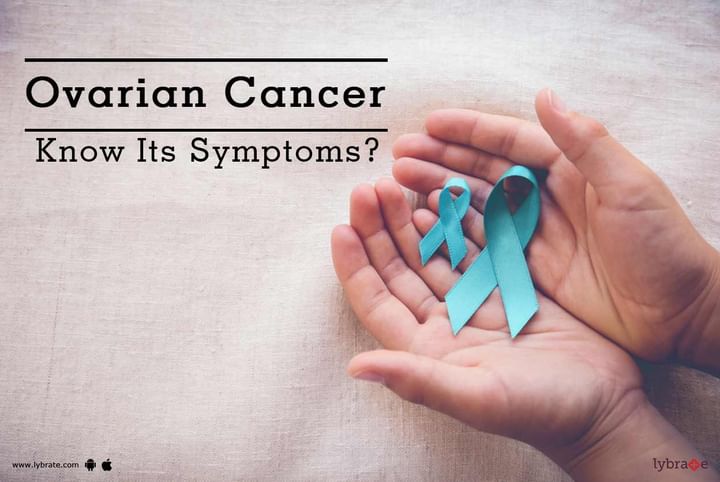Ovarian Cancer - Know Its Symptoms?
Ovarian cancer tends to occur in the cells of an ovary. The ovaries are the two glands which are responsible for female reproduction. They produce ova or eggs and also create the female hormones oestrogen and progesterone. Ovarian cancer begins when abnormal cells in the ovary start to multiply rapidly and grow out of control to form a tumour.
Generally, it was believed that ovarian cancer does not deliver any specific side effects until the tumour has spread to a later stage and early indications of ovarian cancer were not recognizable.
Nonetheless, in some of the cases, ovarian cancer may bring about early indications. The most widely recognized symptoms of ovarian cancer are as follows:
- Constant bloating
- Ache in your gut or pelvis
- Inconvenience eating
- Feeling full instantly
- Urinary issues, for example, an urgent need to urinate or urinating more frequently than expected
In case that you have at least one of these side effects and it happens every day for more than two or three weeks, try to see a doctor or a specialist.
These symptoms are basic for a few women. They may not imply that you have ovarian cancer. It is very important for women to understand that these symptoms do not necessarily imply that they have ovarian cancer. The same number of other common and harmless conditions can bring about the same indications. Additionally, different reasons for these symptoms are significantly more common than ovarian cancer. These may include irritable bowel syndrome and urinary tract infections (UTIs). In any case, the early indications of ovarian cancer tend to follow a pattern, which is as follows:
-
They begin abruptly.
-
They do not feel the same as your typical stomach-related or menstrual issues.
-
They happen almost consistently and do not leave.
Different signs and symptoms that affect a few women with ovarian cancer include the following:
-
Digestion problem
-
Pain during intercourse
-
Menstrual cycle changes
However, these side effects are also common in a few women who do not have ovarian cancer. Most of the ovarian cancer cases are diagnosed at a later stage after the tumours have spread. Fortunately, around 20% of women are diagnosed early, when the infection might be generally treatable. There is no complete screening test for early ovarian cancer. General pelvic examinations now and then, followed by ultrasound examinations or blood tests for cancer-related markers, have been routinely used for ovarian cancer screening. However, none of these tests are particularly effective when it comes to identifying ovarian cancer.
In case some of these symptoms start to manifest in your body, one should go for a general check-up. This is so because cancers are usually diagnosed at later stages where treatment is very difficult. Hence, the sooner one knows, the better it is.



+1.svg)
